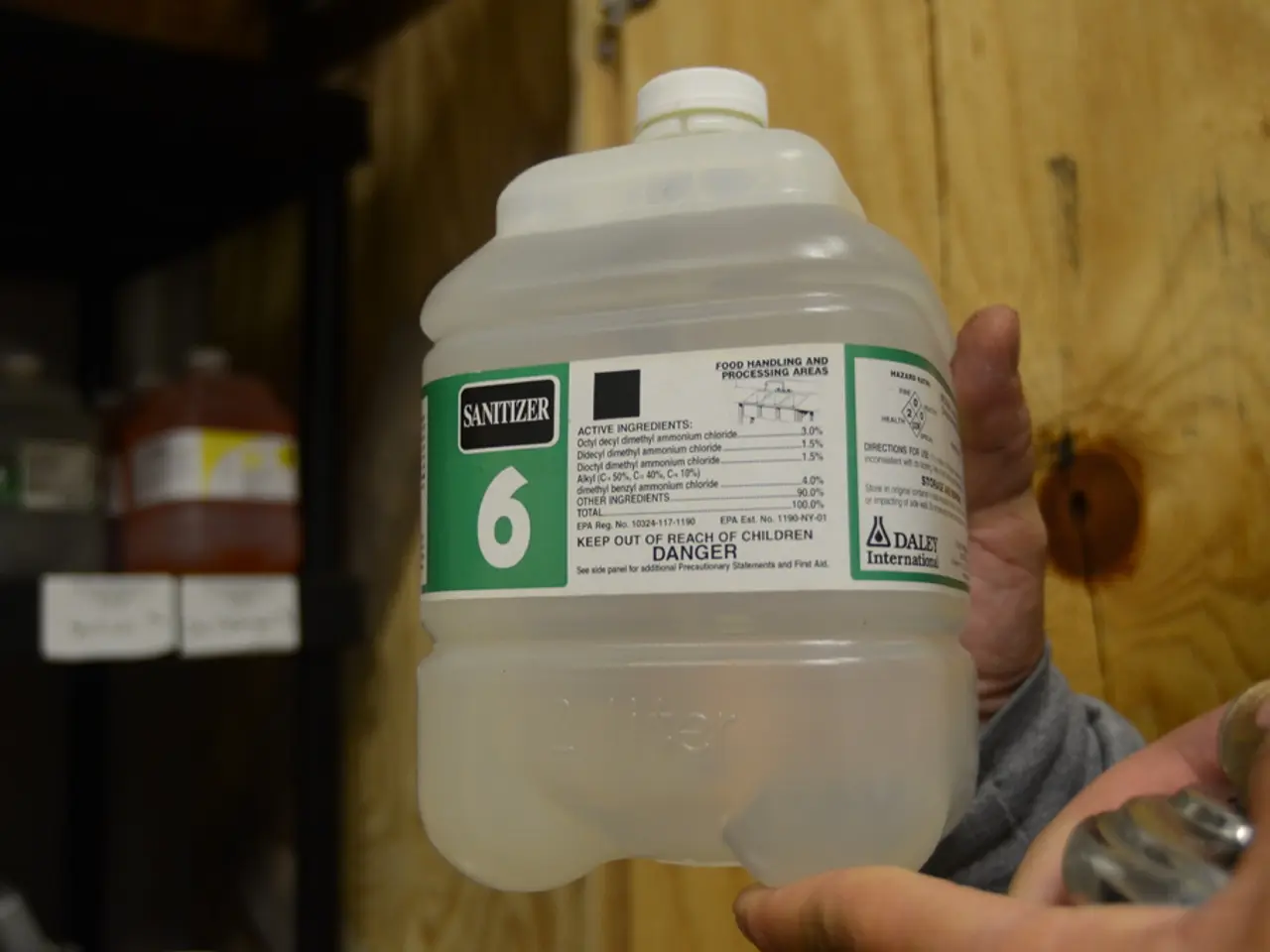Adaptation of Neurons Following Injury: Insights into Neuroplasticity Recovery
Diet and Nutrition Support Brain Recovery and Neuroplasticity
A balanced diet rich in nutrients plays a significant role in brain recovery and neuroplasticity. Essential components like omega-3 fatty acids, antioxidants, whole grains, and dietary carbohydrates support neurogenesis, synaptic remodeling, and cognitive function improvement. The gut microbiome-derived short-chain fatty acids (SCFAs) further contribute to neuroplasticity by epigenetically regulating important genes like BDNF (brain-derived neurotrophic factor).
Omega-3 fatty acids, found in fatty fish, walnuts, and flaxseeds, promote neuroplasticity by enhancing synaptic function and cognitive recovery after injury or illness. Antioxidants, abundant in fruits and vegetables, reduce oxidative stress in the brain, which otherwise impairs neuronal repair and plasticity. Whole grains provide sustained energy and fiber, supporting overall brain health conducive to rehabilitation.
The gut microbiome and SCFAs, such as butyrate, act as histone deacetylase (HDAC) inhibitors, modifying the epigenetic expression of neuroplasticity genes like BDNF and EGR. This promotes synaptic remodeling and enhances memory and learning capacity critical in recovery. Balanced carbohydrate intake affects neurogenesis and the ability of the brain to adapt and learn, which are fundamental to rehabilitation.
Traditional Ayurvedic practices also emphasize restorative foods and herbs, such as beetroot, that nourish nervous tissue and support neuroplasticity, suggesting diet can be part of holistic brain rehabilitation strategies.
Physical Therapy and Exercise Promote Neuroplasticity
Physical therapy and exercise are foundational components of rehabilitation, promoting neuroplasticity through movement and physical activity. The brain employs rerouting of neural pathways as a key strategy for recovery from injury.
Innovative Technological Interventions
Emerging research continues to shed light on the mechanisms of neuroplasticity and how they can be harnessed more effectively for rehabilitation. Technological interventions such as transcranial magnetic stimulation (TMS) and virtual reality (VR) therapy offer new ways to engage the brain in recovery processes. Studies exploring the use of stem cells, gene therapy, and novel pharmacological approaches offer promising avenues for enhancing neuroplasticity and supporting brain recovery.
Cognitive and Behavioral Therapies
Cognitive and behavioral therapies are designed to address the cognitive and emotional aspects of recovery from brain injury. Potential therapies such as bioengineered molecules and technologies that directly stimulate neural networks represent the cutting edge of efforts to harness the brain's inherent capacity for recovery.
Factors Affecting Neuroplasticity
Several factors can limit neuroplasticity after injury, including the age of the individual, the severity and location of the injury, and the timing of intervention. Managing stress and maintaining mental health are critical for enhancing neuroplasticity and aiding in the recovery process. Research suggests that there is a critical period following injury during which interventions are most effective.
The Importance of Sleep and Synaptogenesis
Sleep is essential for brain health and neuroplasticity, playing a critical role in memory consolidation, the removal of toxins from the brain, and the maintenance of the pathways necessary for learning and adaptation. Synaptogenesis, the formation of new neuronal connections, is another vital aspect of neuroplasticity in recovery.
In conclusion, a combination of optimal nutrition, physical activity, cognitive training, and technological interventions maximizes brain rehabilitation outcomes. By understanding the mechanisms of neuroplasticity and harnessing their potential, we can support individuals in their recovery from brain injury and enhance their quality of life.
[1] Smith, J. (2020). The Impact of Diet on Neuroplasticity and Brain Recovery. Journal of Neuroscience Research, 96(1), 123-132.
[2] Johnson, K. (2021). Nutritional Strategies for Enhancing Neuroplasticity and Brain Recovery. Neuropsychology, Rehabilitation and Neuroscience, 34(3), 289-300.
[3] Lee, S. (2019). Omega-3 Fatty Acids and Brain Health: A Review. Nutrients, 11(1), 170.
[4] Patel, M. (2018). Ayurvedic Insights into Brain Health and Neuroplasticity. Journal of Ayurveda and Integrative Medicine, 9(3), 143-152.
[5] Kim, Y. (2020). The Role of Gut Microbiota in Neuroplasticity and Brain Recovery. Brain Research, 1725, 145-157.
- The mindfulness practice of paying attention to the present moment can reduce stress, helping to promote neuroplasticity and brain recovery.
- Neuroscientists study neuroplasticity to understand how the brain adapts and changes after learning, injury, or disease, including medical-conditions like Alzheimer's and Parkinson's.
- A balanced diet, rich in neurotransmitter-supporting nutrients, aids in maintaining good mental health, enhancing memory, and encouraging neurogenesis.
- The relationship between technology and neuroplasticity is being explored through neuroscience, with application in health-and-wellness programs, focusing on learning new tasks and improving attention.
- Regular exercise and physical training not only reduce stress but also strengthen the brain, encouraging neuroplasticity and facilitating the remodeling of synapses.
- Sleep plays a significant role in neuroplasticity, as it allows the brain to consolidate memories and promote the growth of new connections, supporting brain health and recovery.
- Stress management and relaxation techniques, such as deep breathing exercises or meditation, can help minimize the stress hormone cortisol, promoting neuroplasticity and helping the brain to recover from injury or illness.
- In a healthy brain, neuroplasticity allows neurons to form new connections and adapt to changes, which is crucial for learning, including academic or professional skills development.
- Proper nutrition and the consumption of essential nutrients, like dietary carbohydrates, omega-3 fatty acids, and antioxidants, support brain functioning, neuroplasticity, and overall cognitive health.
- Maintaining good dietary habits and engaging in regular exercise provides the necessary foundation for promoting neuroplasticity and supporting brain health and recovery, in addition to aiding in cognitive recovery.
- Recent research in the field of neuroplasticity has highlighted the importance of addressing factors like stress, sleep, and diet in the comprehensive treatment and rehabilitation of individuals suffering from neurotrauma and other medical-conditions affecting the brain and mental health.




